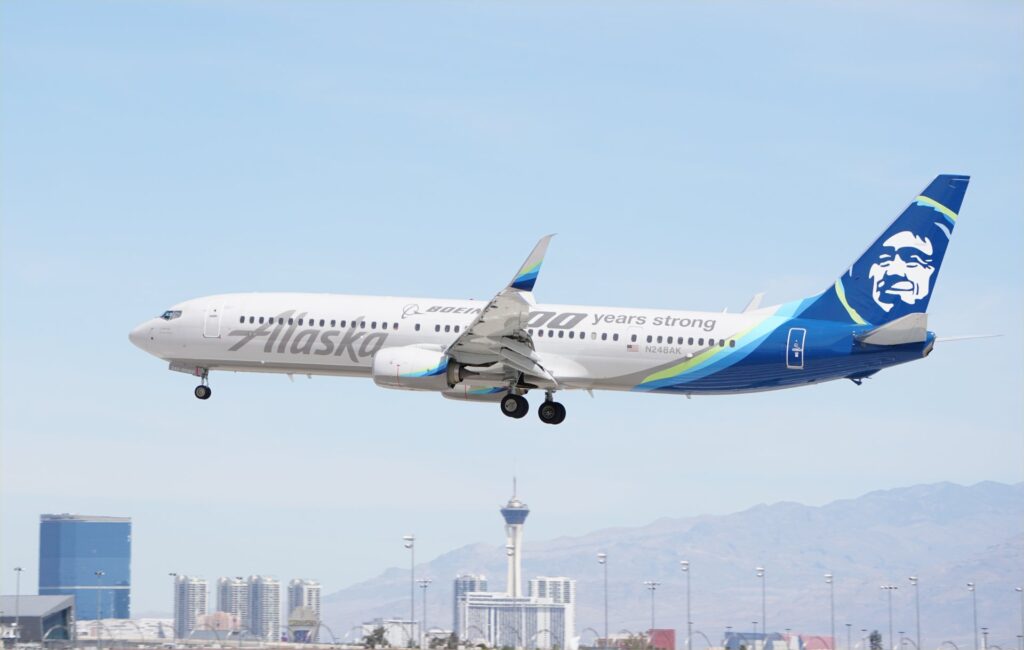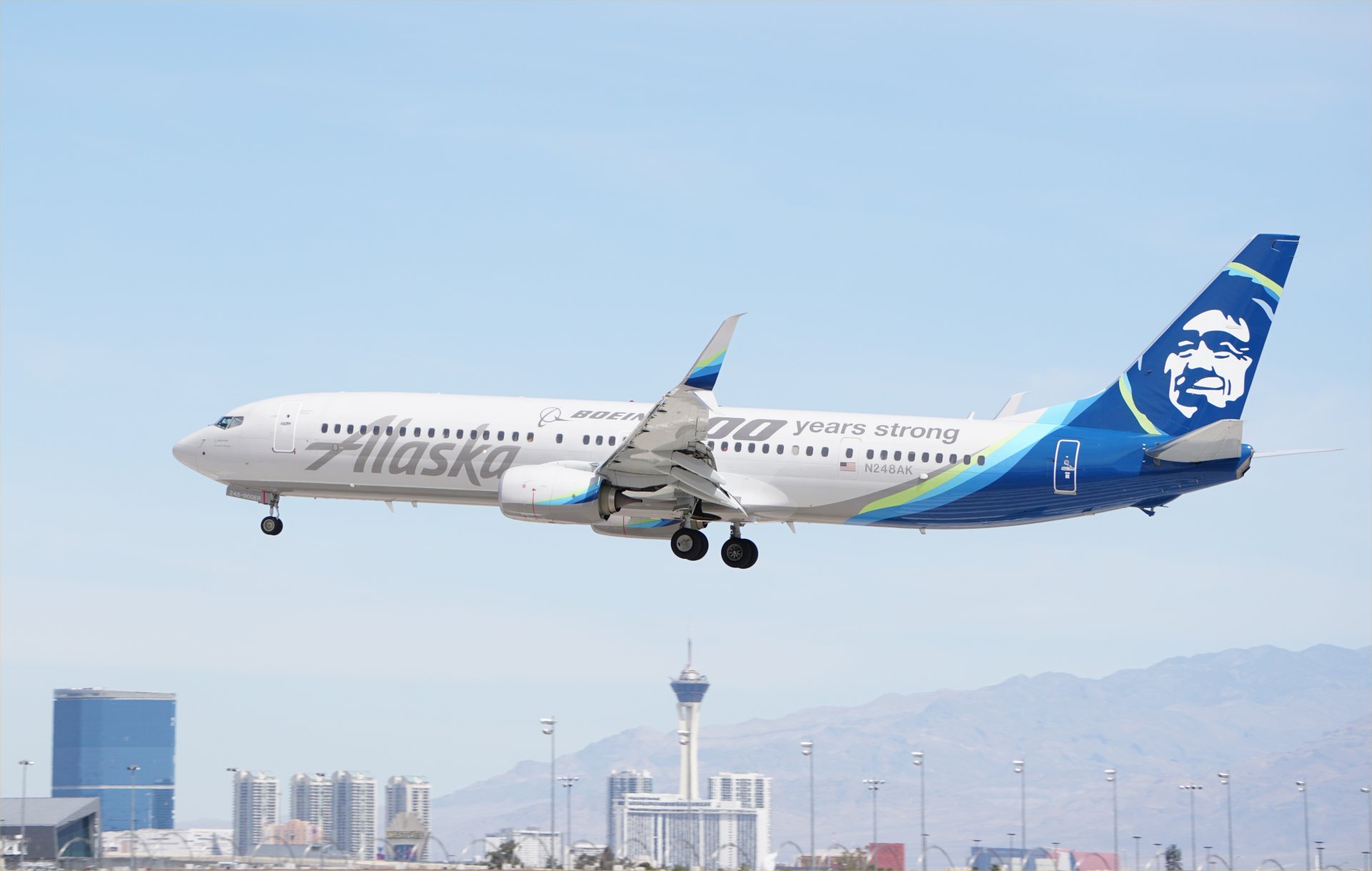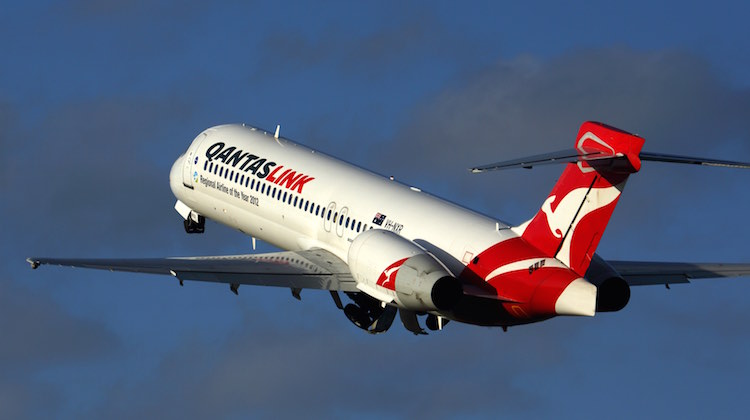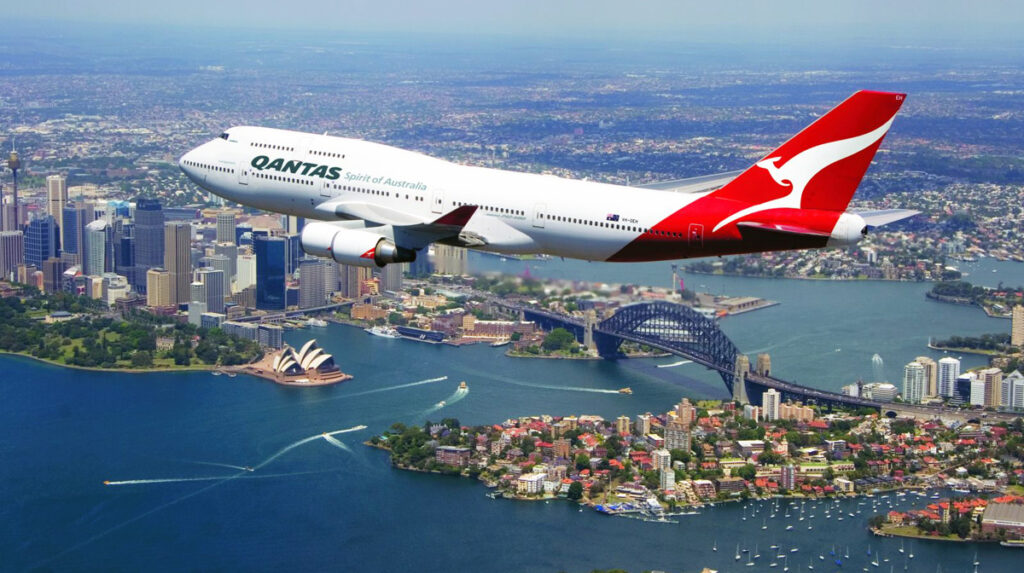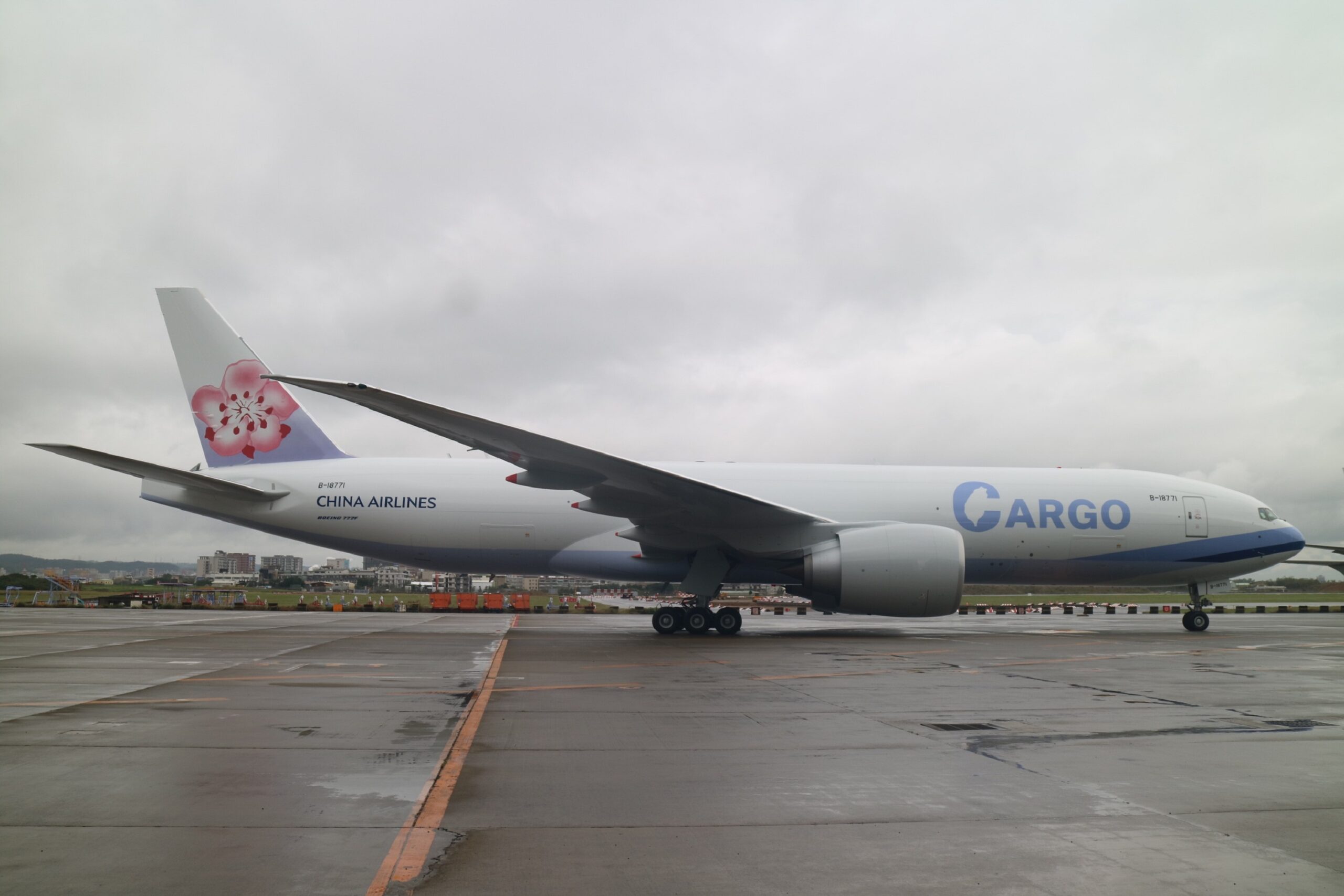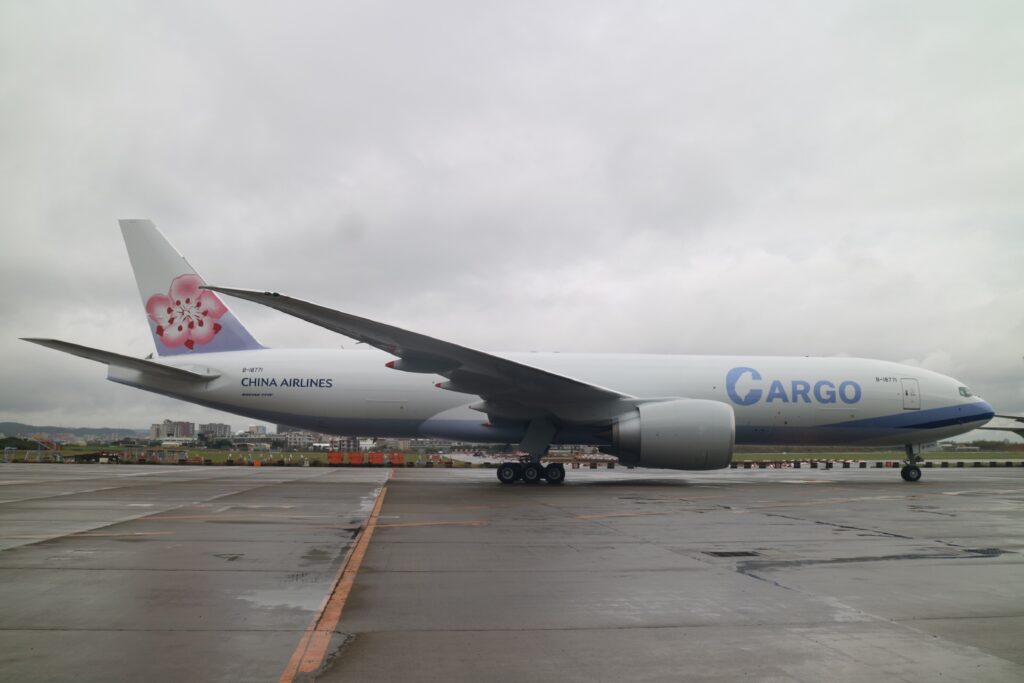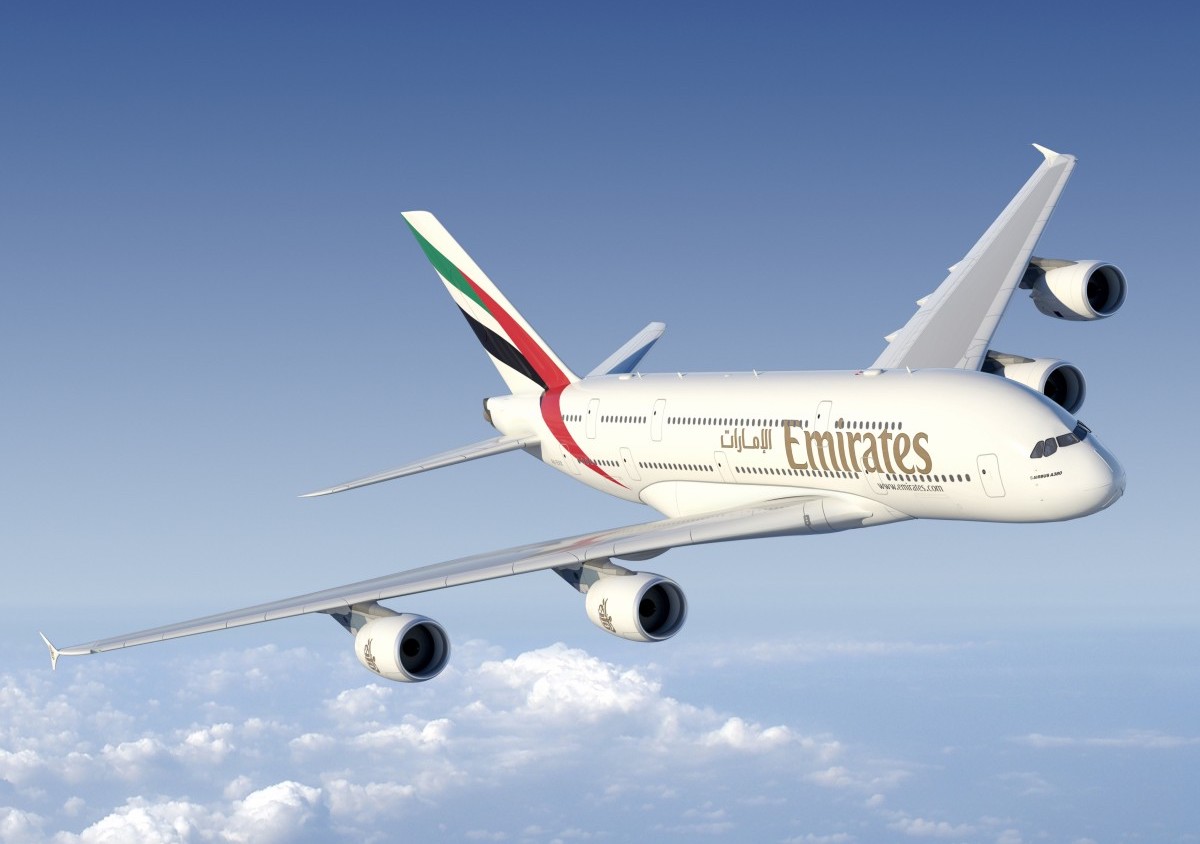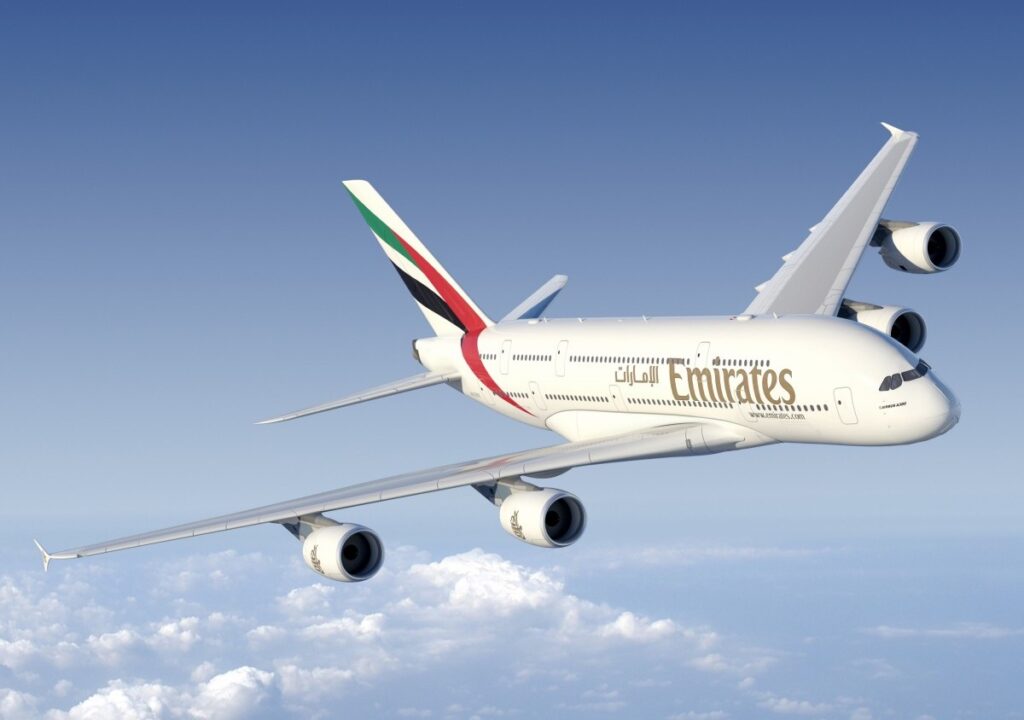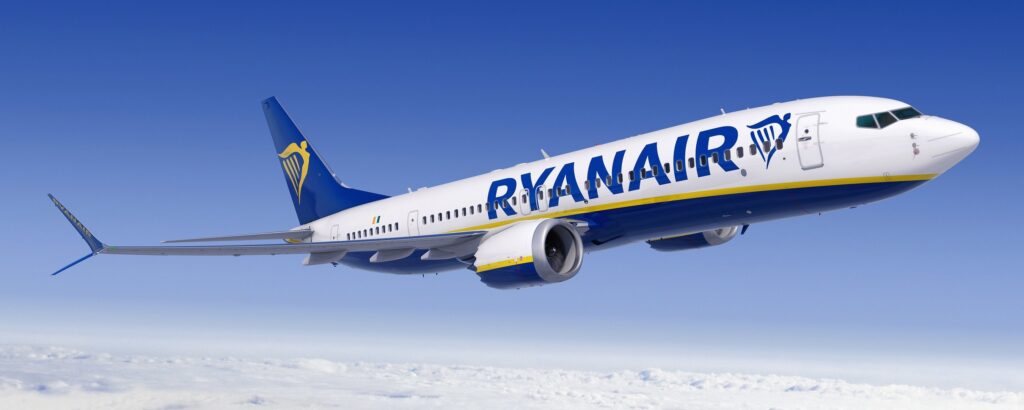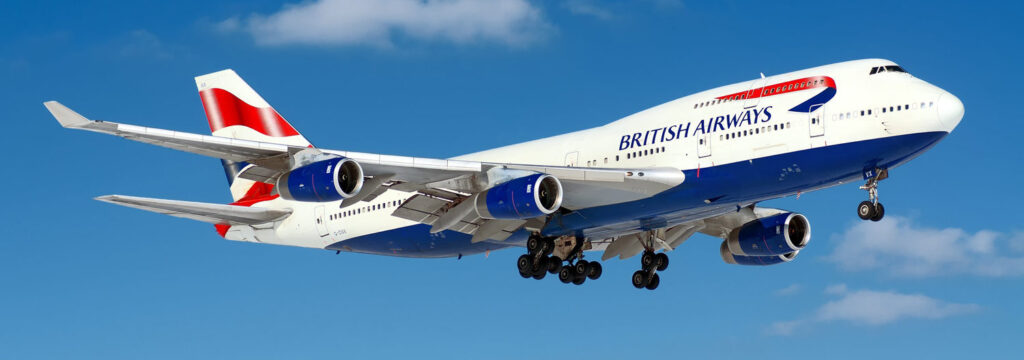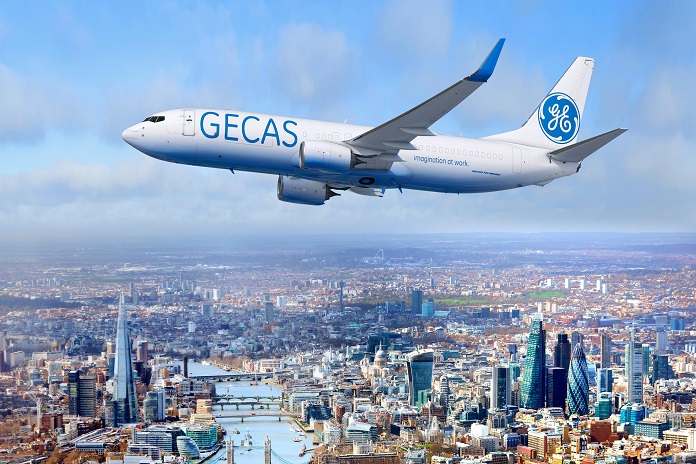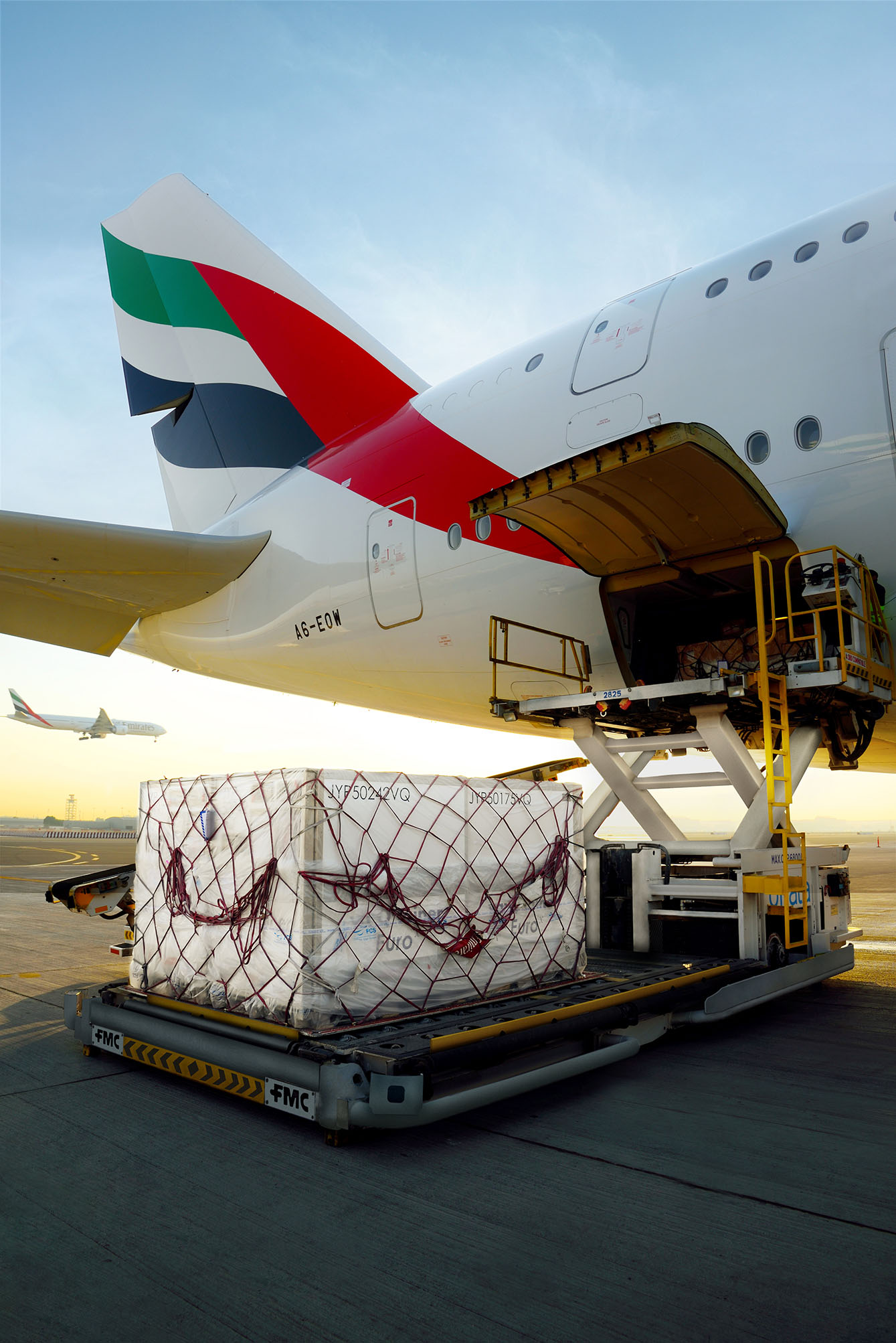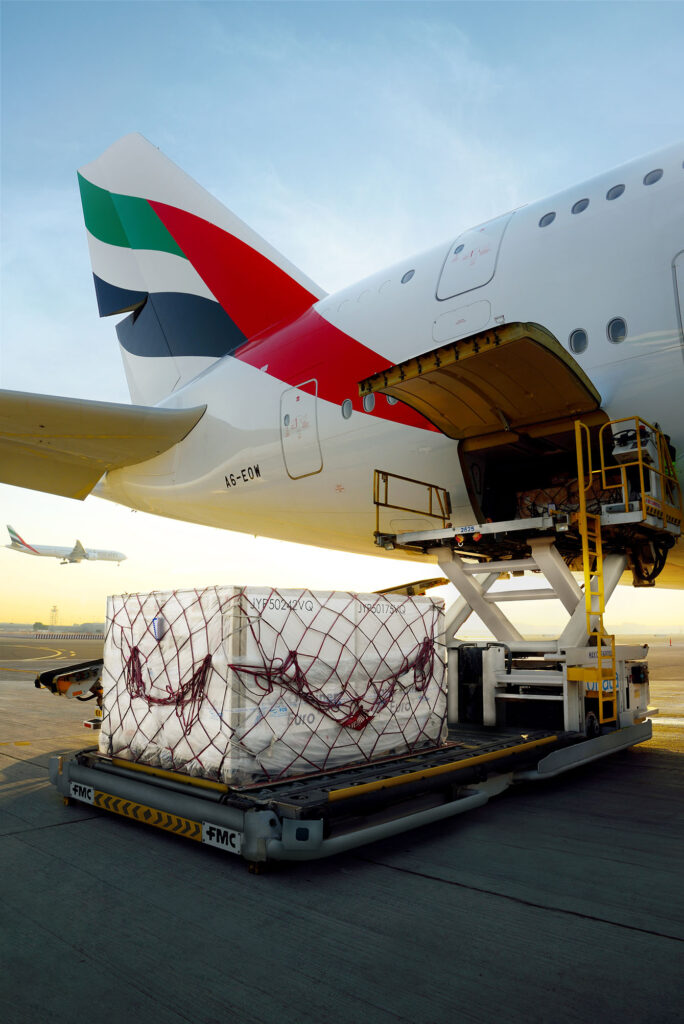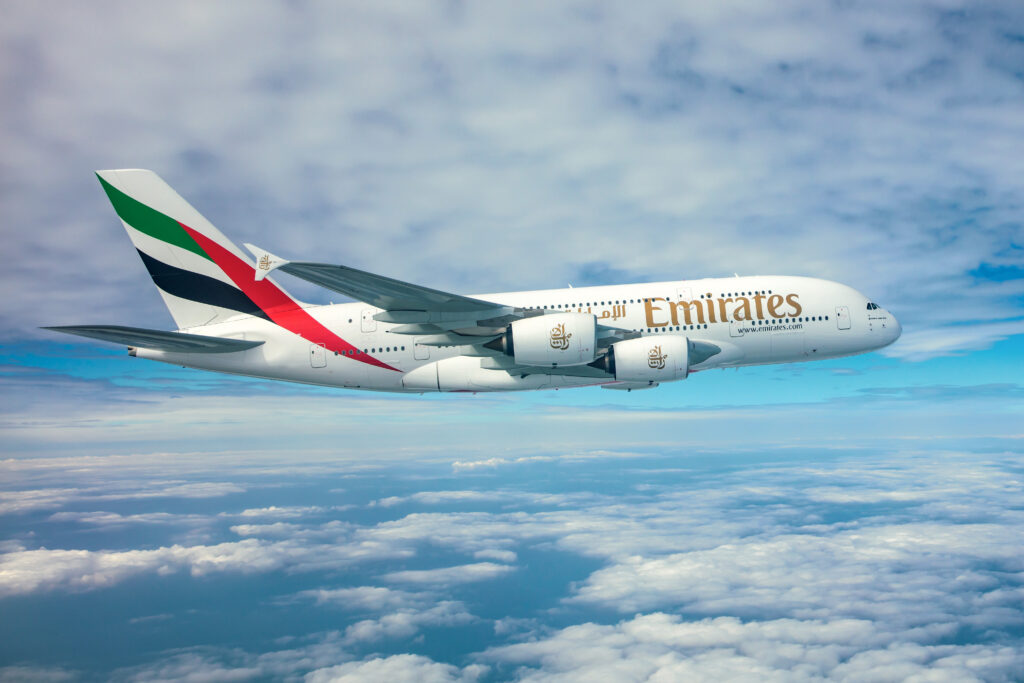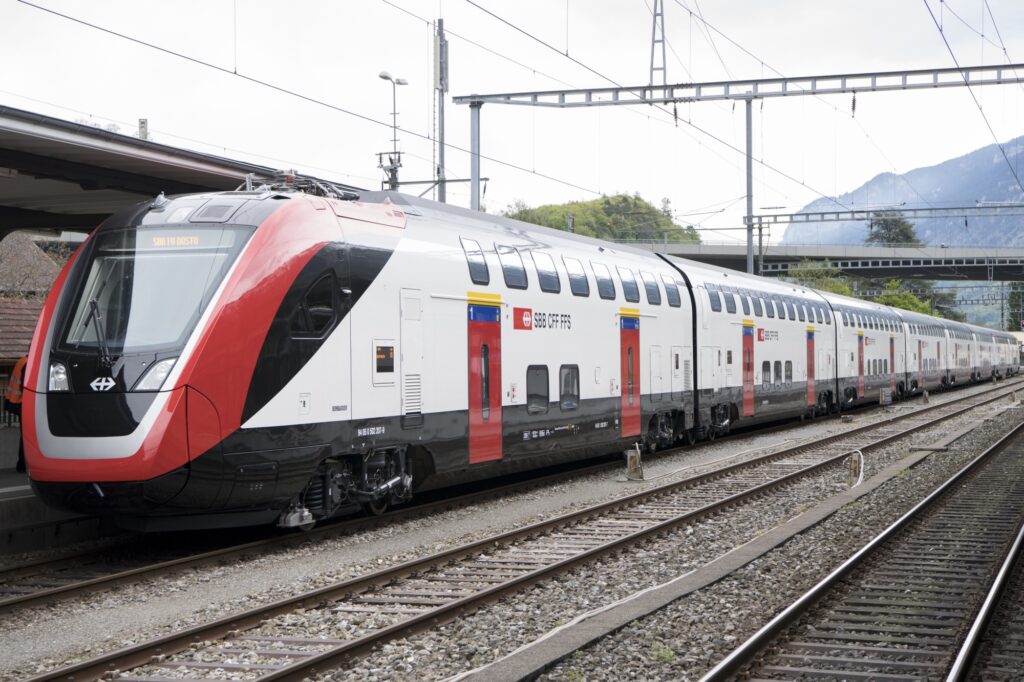Alaska Airlines continues to strengthen its presence at one of the airline’s key hubs in Anchorage with new nonstop service to three “sun and fun” destinations – Las Vegas, Denver and San Francisco – and the expansion to year-round service to a popular fourth destination, Phoenix.
Come this summer, Alaska will fly eight nonstops from Anchorage to these destinations in the Lower 48: Chicago O’Hare, Denver, Las Vegas, Los Angeles, San Francisco, Seattle, Phoenix and Portland. Four of the cities on the West Coast are also Alaska hubs, which allow for improved connectivity for guests traveling to other locations.
The newly announced routes will connect Anchorage to more places that offer warm sunshine, big city vibes and the sky’s the limit on what to do. New service to Las Vegas, Denver and San Francisco begins this summer; the Las Vegas flight will be offered year-round with seasonal flights to Denver and San Francisco. The current seasonal flight between Anchorage and Phoenix will now fly year-round.
The Anchorage-San Francisco flight – first announced in August 2019 – was scheduled to start in April 2020, but it was delayed due to the pandemic.
Tickets for the new routes are now on sale at alaskaair.com.
“The demand for leisure travel in 2021 is beginning to return as our guests look ahead, and we’re offering even more nonstops to take Alaskans to the places they want to go,” said Marilyn Romano, Alaska Airlines’ regional vice president. “We believe our guests will love the convenient nonstops to Vegas, Denver and San Francisco, in addition to our daily nonstop flight to Phoenix that’s now set to fly year-round.”
| Start Date | End Date | City Pair | Frequency | Aircraft |
| May 20, 2021 | Year-round | Anchorage – Las Vegas | Th, F, Sa, Su | 737 |
| June 17, 2021 | Aug. 16, 2021 | Anchorage – Denver | Daily | 737 |
| June 17, 2021 | Aug. 16, 2021 | Anchorage – San Francisco | Daily | 737 |
| Year-round | Year-round | Anchorage – Phoenix | Daily | 737 |
In addition to Alaska’s continuing commitment to service at Anchorage, the airline partners with non-profit organizations throughout the state focused on helping those impacted by the pandemic. Alaska Airlines and Alaska Air Cargo are currently supporting residents across the state by transporting COVID-19 vaccines, including to some of the most remote communities in the U.S.
“More than 1,800 Alaska Airlines employees call Alaska home, making our connections to the communities we serve here very personal. We’re here in good times and in difficult times,” said Romano. “We’re honored to play our role to make sure this life-saving vaccine gets to the people who need it most as quickly and safely as possible.”
